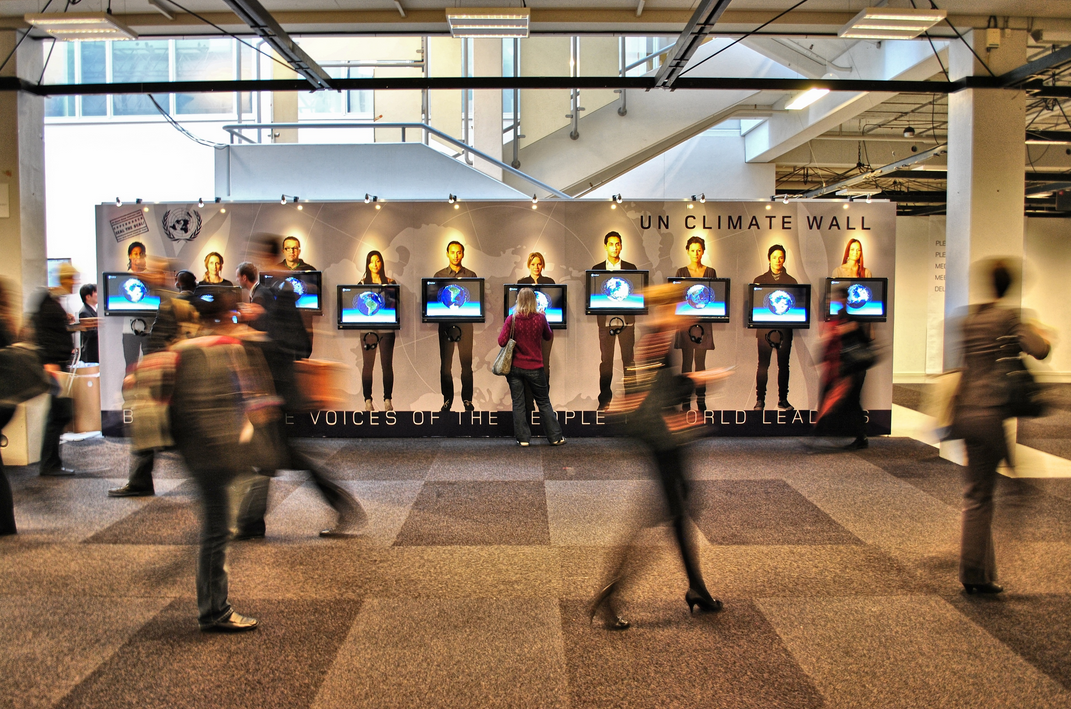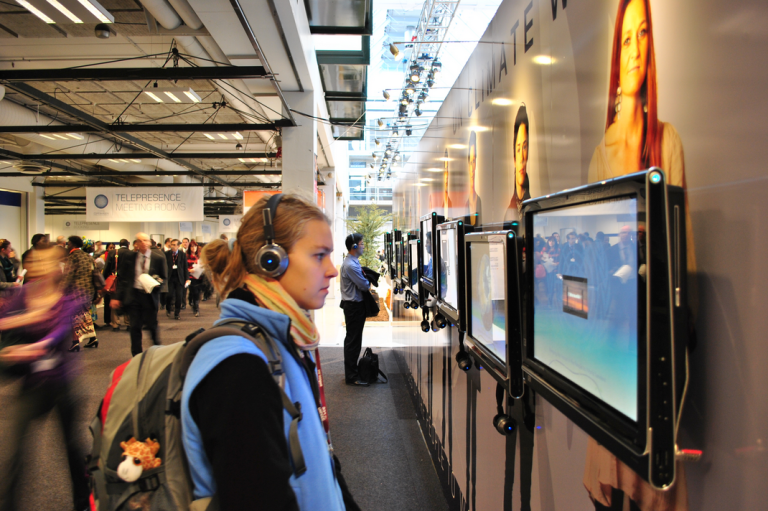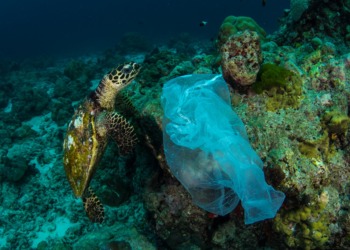EDITOR’S NOTE: THIS PIECE IS CONTRIBUTED BY THE EUROPEAN YOUTH FORUM. IT WAS PREVIOUSLY PUBLISHED BY YO!MAG, THE EUROPEAN YOUTH FORUM’S PLATFORM FOR YOUTH WRITING AND MULTIMEDIA CONTENT. IT IS PART OF A SERIES EXPLORING THE SUSTAINABLE DEVELOPMENT GOALS (SDG’S). SEE THE INTRODUCTION TO THE SERIES HERE.
Faced with an economic and environmental crisis, the United Nations has offered a solution: a set of 17 global goals to lead the world onto a path of sustainable development by 2030, a path where the needs of the present can be met without risking those of future generations.
For young people, who have been called the torchbearers of this new sustainable development agenda, this idea should resonate. As young Europeans, there is some evidence to suggest that we have a raw deal in comparison with older generations, and we cannot allow this to happen in the future. We cannot allow our own search for development, fulfillment and well-being to destroy the planet and the opportunities of future generations of young people.
The 17 Sustainable Development Goals tackle such weighty issues as inequality, peace, climate change, unemployment and sustainable consumption. They require bold thinking that deals with social, environmental and economic questions together. All countries must act, and act collectively, within their own borders as well as outside them.
The goals matter for young people, and young people matter for the goals.
Are the goals perfect? No. Such is the nature of global compromise. But they are a step forwards. Decided, yes, by negotiators in the corridors of the United Nations, but also through several years of participatory processes touching millions of people around the world.
Related article: “SUSTAINABLE DEVELOPMENT GOALS: CATALYSTS FOR THE ‘CHANGE’ GENERATION TO TAKE HOLD OF THEIR FUTURE“
This isn’t the first time that the United Nations has created a set of goals for development, but this time these goals apply to all countries and regions of the world, developing and developed alike – including Europe – and they must be achieved for all people.
The goals matter for young people, and young people matter for the goals. The main responsibility for implementing the agenda rests on the shoulders of our governments. But the responsibility for achieving the goals rests with all of us.
Photo Credit: Troels Dejgaard Hansen, Creative Commons
Achieving the goals means pushing for youth employment and quality education, and fighting for inclusive and participatory politics. It also means recognizing that our current way of life in Europe is not sustainable, and that we need to change our lifestyles to make a difference.
You are the first generation that can end poverty – and the last that can act to avoid the worst effects of climate change.
-Secretary-General Ban Ki-moon, United Nations
It means giving up some things we are accustomed to. It means recycling. It means eating less meat. It means choosing to take the train. It means opting for products with an ethical supply chain. It means choosing not to buy. It means innovation. It means looking for alternatives.
The good news is that young people are already leading the way in many of these changes.
Young people and youth organisations were big contributors to the creation of this sustainable development agenda. But we should also lead the way in making sure the agenda is achieved. We need to stand ready to hold our governments to account for their commitments through these goals.
United Nations Secretary-General Ban Ki-moon has told young people, “You are the first generation that can end poverty – and the last that can act to avoid the worst effects of climate change.” This is a call to action we cannot ignore.
We cannot act if we do not have the space, opportunities and resources to do so. As thoughts turn to implementing the goals, governments around the world need to recognize young people as contributors, innovators, educators, voters, citizens and partners in this sustainable development agenda.
Will the goals succeed? I don’t know. But I do know that without the participation and leadership of today’s and tomorrow’s generations of young people, achieving the goals will be impossible.
Recommended reading: “YOUTH KEY TO THE SDGS IN KENYA”
_ _











